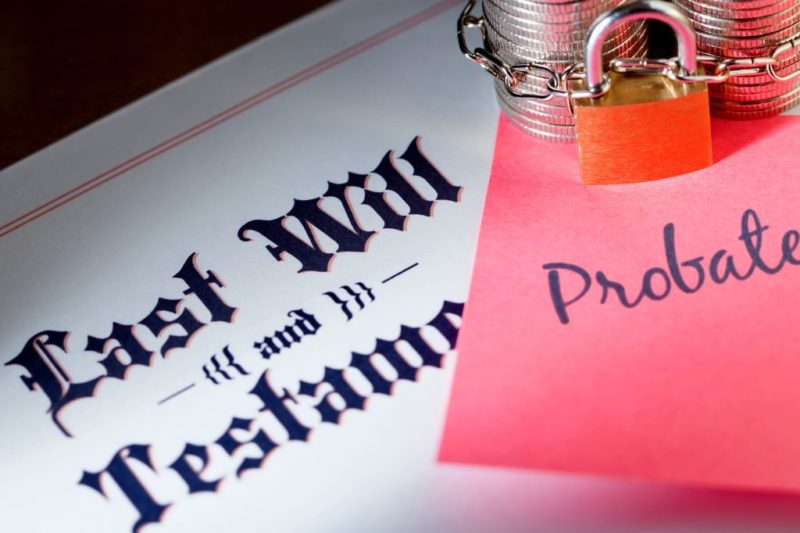Probate is the court-supervised process of distributing property after the death of an estate owner. Typically, there are several steps involved to ensure that the decedent’s are carried out as they intended.
To start the process, the party who wishes to be named the executor of the estate can retain a lawyer or call the court in the county where the decedent resided and make an appointment with the clerk of the probate court. You will need the original will (if there is one), the death certificate, and all contact information of blood relative or other heirs. The probate court can provide you with the necessary forms, but they will not be able to provide legal advice, which is why hiring a lawyer can be very beneficial during this process.
The S.C. Probate Court will appoint an executor, and then the estate administration process will begin. The executor is responsible for several tasks. The executor must marshal the assets and ensure they have all been accounted for and safeguarded. Next, they must inventory the assets. Then the executor must make decisions regarding liquidating or selling assets during inventory. Finally, the executor is responsible for filing an accounting showing all the activity for the estate; this accounting is subject to court approval.
Additionally, through this process creditor claims must be ascertained and taken care of before any beneficiaries are to receive any payments. Tax filings must also be filed on a timely basis. This includes the decedent’s final income tax returns as well as income and death tax returns for the estate.
Is Probate Necessary?
In most cases, probate will be a necessary step in distributing the assets of the estate. This process is necessary because the court must monitor this process to ensure the decedent’s wishes are followed as indicated in the will. However, there are a few ways in which one can avoid going through probate.
Ways to Avoid Probate
The best way to avoid probate is to plan early and put the estate in a living trust with the desired heirs named as the beneficiaries. When all the decedent’s assets are in a trust, no probate is necessary.
Additionally, any assets that are owned by more than one person jointly will automatically go to the surviving owner, and therefore, does not have to be included in probate.
How long will this process take?
Probate in South Carolina will take at least eight months; however, it could take longer in larger or more complex estates. During this time, creditors are given time to submit claims against the estate
South Carolina has formally adopted the Uniform Probate Code (UPC). This code notes that there are three types of probate proceedings: informal, unsupervised, and supervised formal.
How much does probate cost?
There are several fees that can be included in probate:
- Fees for court fillings;
- Creditor notice fees;
- Executor fees;
- Probate bond;
- Attorney expenses
Generally, probate costs are probate attorney fees are paid for by the estate.
Do I need an attorney?
An attorney is not required for probate in South Carolina; however, they can help move the process along.
Using an attorney to assist in the probate process will make the process much less stressful and ensure that all the requirements are met. If you are an executor or administrator in a probate process or would like to prepare a will or trust to make matters easier, contact King Law at 888-748-5464 (KING). We are here to help!


